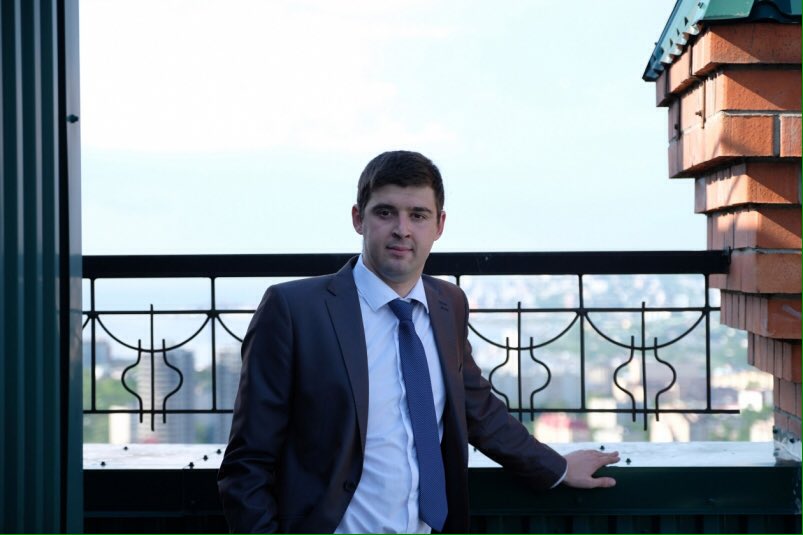Russian politician critical of Ukrainian invasion reportedly detained on US-Mexico border
There has been no confirmation of his detention from American officials
Your support helps us to tell the story
From reproductive rights to climate change to Big Tech, The Independent is on the ground when the story is developing. Whether it's investigating the financials of Elon Musk's pro-Trump PAC or producing our latest documentary, 'The A Word', which shines a light on the American women fighting for reproductive rights, we know how important it is to parse out the facts from the messaging.
At such a critical moment in US history, we need reporters on the ground. Your donation allows us to keep sending journalists to speak to both sides of the story.
The Independent is trusted by Americans across the entire political spectrum. And unlike many other quality news outlets, we choose not to lock Americans out of our reporting and analysis with paywalls. We believe quality journalism should be available to everyone, paid for by those who can afford it.
Your support makes all the difference.A Russian politician who was critical of his country’s invasion of Ukraine is reportedly being held at the US-Mexico border, according to local Russian news.
Viktor Kamenshchikov, 31, was a Communist Party member of the Duma in the eastern Russian city of Vladivostok but stopped appearing for meetings shortly after his public rebuke of the 24 February invasion.
A recent report from a domestic news agency, however, has since placed the political dissident at the US-Mexico border.
RIA Novosti said Thursday that they were able to speak with unnamed law enforcement sources who told the news outlet that the Russian politician was being “detained” at the southern border.
“What for is not yet clear, presumably for illegal border crossing,” the source told the RIA-Novosti agency.
American officials have not confirmed the news reports and The Independent reached out to the US Customs and Border Patrol for comment on the claims that Mr Kamenshchikov is being held somewhere along the border but did not hear back before publication.
In the immediate aftermath of Russia’s unprovoked invasion of Ukraine, the politician was clear in his opposition to what his government has described as a “special military operation”.
Just three days after the tanks crossed the border into Ukraine, the 31-year-old submitted an application to withdraw from the Communist Party, according to Kommersant, a daily newspaper published in Russia.
“I do not agree with the position of the party leadership. It actually supported military operations in Ukraine, the use of Russian troops on the territory of a neighbouring state. And I am against war in principle,” Mr Kamenshchikov reportedly said in an interview with the national newspaper upon filing his withdrawal from the party.

Anatoly Dolgachev, the first secretary of the Community Party’s Primorsky branch, the same region where Mr Kamenshchikov served, told the newspaper in a separate interview that the politician had left the party of his own free will “immediately after his statements”.
He added in the interview with Kommersant that the party gave him the option of giving up his deputy mandate, but Mr Kamenshchikov refused, according to Mr Dolgachev.
“The last thing to do is to flee to the United States, against whose imperialist policy the party opposes,” Mr Dolgachev added in the interview.
RIA-Novosti also noted in their report that the Russian politician reportedly has a child who received US citizenship by birthright, but that has not been confirmed elsewhere.
Shortly after the conflict with Ukraine escalated, Russian citizens who opposed the conflict began protesting in the streets of major capital cities. This prompted Russian President Vladimir Putin to then pass a law that prohibited citizens from spreading what he described as “fake” information about the military, with convicted persons being handed down jail sentences of up to 15 years behind bars.
Around the same time, media outlets and schools were directed that they were not permitted to use the word “war” when covering what Moscow has been careful to describe as its “special military operation” in Ukraine.



Join our commenting forum
Join thought-provoking conversations, follow other Independent readers and see their replies
Comments